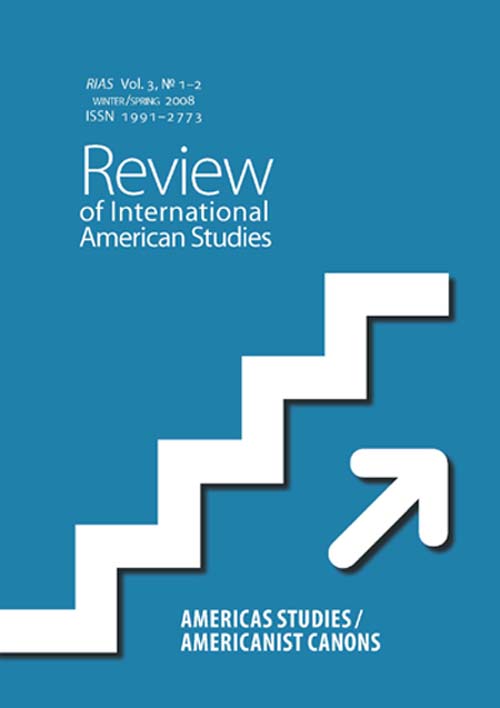American Studies from the Antipodes?
American Studies from the Antipodes?
Author(s): Patrick McGreevySubject(s): Language and Literature Studies, Studies of Literature, Other Language Literature, Cultural Anthropology / Ethnology
Published by: Wydawnictwo Uniwersytetu Śląskiego
Summary/Abstract: What does it mean to do American Studies in a place that has often been at the wrong end of the stick of US hard power and that is now the object of a kind of fullcourt press of public diplomacy efforts? The US State Department has directly supported many of the newly-established American Studies programs in the Middle East as part of its endeavor to win hearts and minds. The Center for American Studies and Research (CASAR) at American University of Beirut (AUB) has a very different genesis. Shortly after the World Trade Center attacks, Prince Alwaleed Bin Talal of Saudi Arabia offered New York City ten million dollars in aid, but when the Prince suggested that the United States should have a more balanced policy regarding the Israeli-Palestinian conflict, Mayor Rudy Giuliani turned down the offer. A few weeks after the US invasion of Iraq, in response to what he referred to as a growing ‘gap’ between the US and the Arab world, the Prince then provided funding to establish CASAR as well as a second center at the American University in Cairo (See Main Gate). Edward Said had repeatedly recommended that AUB institute and American Studies program and urged other universities in the Arab World to do the same because ‘the United States is by far the largest, most significant outside force in the contemporary Arab world’ (Said, 1994: 356). Such programs have indeed proliferated in recent years: there are eight less than a decade old. AUB’s center came into being as a response not to the events of 9/11 but to US actions in the wake of them—and in particular to the heightened projection of US power in the Middle East. In a discussion of US continental expansion in the mid-nineteenth century, the historical geographer Donald Meinig argued that ‘as the United States became a powerful, expansive force, every Indian society caught within its bounds was eventually plunged into crisis over how best to respond’ (Meinig, 1993: 182). Today the projection of US power—political, economic, and cultural—into the Middle East and beyond, means that people nearly everywhere must confront what we might call the American question (McGreevy, 2006). The American question has certainly propelled the expansion of American Studies in the Middle East, even as it has led to the decline of American Studies in Britain. In Lebanon, like many nearby countries, the current atmosphere is polarized. In such a context, the challenge of teaching and research in American Studies is distinctive in several ways. Let me briefly outline how we have responded to this challenge at the Center for American Studies and Research.
Journal: Review of International American Studies
- Issue Year: 3/2008
- Issue No: 1-2
- Page Range: 19-21
- Page Count: 3
- Language: English

